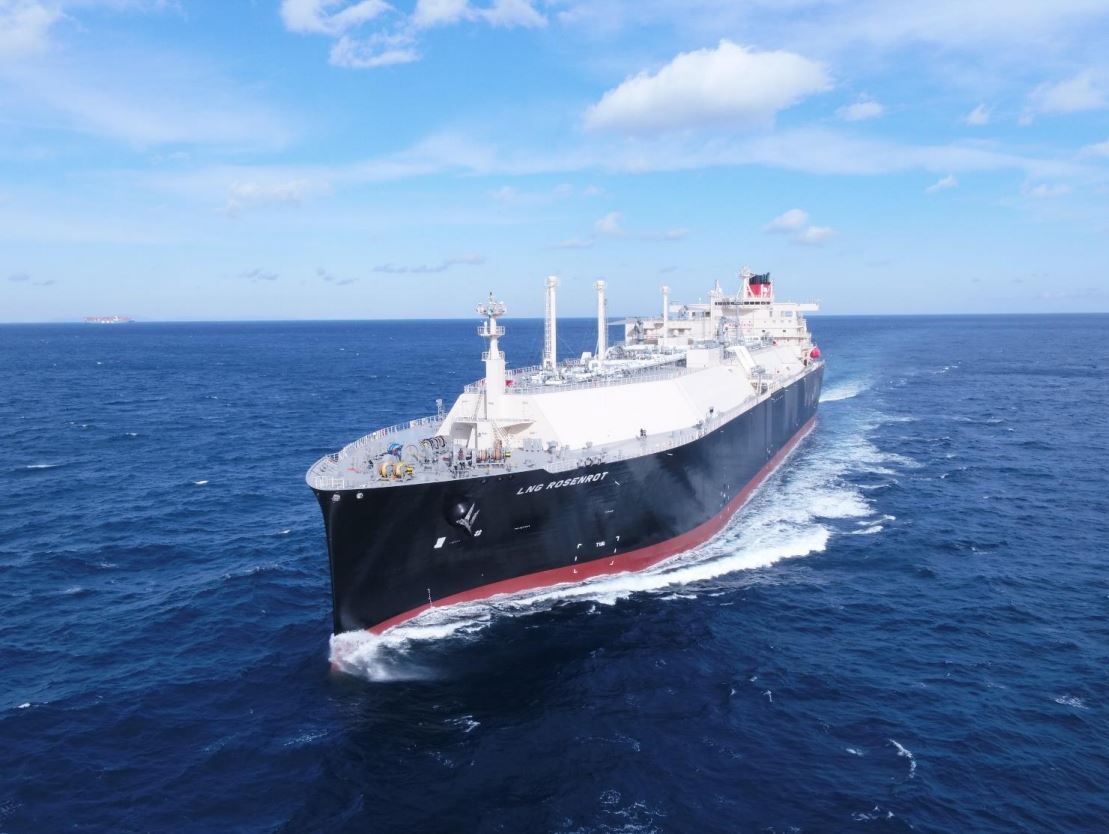Germany is moving quickly with its plans to build infrastructure and become a major LNG importer, as the European country looks to slash reliance on Russian pipeline gas.
According to a statement on Friday, Germany’s Federal Network Agency has set a discount of 40 percent at entry points from liquefied natural gas (LNG) facilities into the natural gas network.
The network regulator is responsible for the regulation not only of any LNG terminals but also of the tariffs for the injection of the regasified LNG into the German transmission system.
Starting from 2023, the new discount would be introduced at entry points from LNG plants in the interest of “greater security of supply”, the Bundesnetzagentur said.
Earlier this year, the regulator launched a market consultation to create a firm basis on which to decide on a possible discount.
“With the discount, we are setting appropriate fees at feed-in points from LNG landing points without losing sight of the interests of other network users,” Klaus Mueller, president of the Bundesnetzagentur said in the statement.
The discount is comparable to that of the neighboring countries such as the Netherlands and France, which both have LNG import facilities, the agency said.
Fleet of FSRUs
In order to fast-track LNG imports to Germany, the country’s parliament passed the LNG acceleration law on May 19, followed by the Federal Council approval one day later.
This law will significantly reduce time to deploy a floating unit or to build an onshore LNG import facility.
Germany currently has no LNG import facilities but it has recently chartered four FSRUs to start importing LNG.
These include the two units RWE chartered from Hoegh LNG, and the Dynagas-owned 174,000-cbm Transgas Force and Transgas Power that will go on charter to Uniper.
Uniper also recently started building the first German import terminal in Wilhelmshaven and this facility will host one of the chartered FSRUs.
Besides these units, German energy firm E.ON recently told LNG Prime that it had joined forces with Belgium-based Tree Energy Solutions (TES) and France’s Engie to deploy another FSRU in Wilhelmshaven.
Uniper previously said that the two Dynagas units would have up to 15 bcm per year of capacity, while RWE said the Hoegh FSRUs would have between 10 and 14 bcm per year.
Depending on the capacity of the fifth unit, Germany could have over 30 bcm per year of regasification capacity coming from five FSRUs in 2023.

